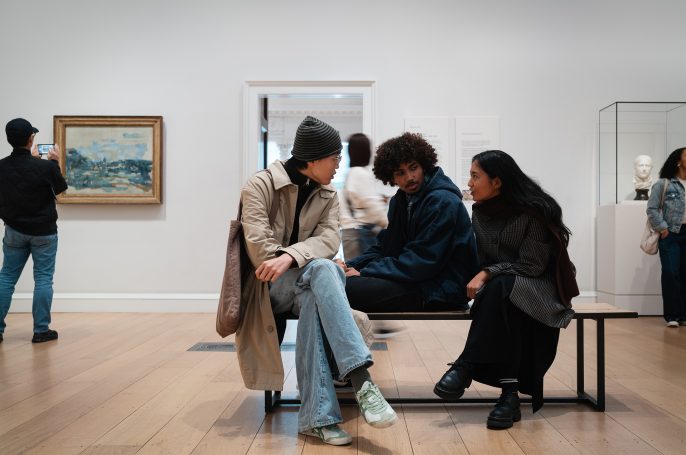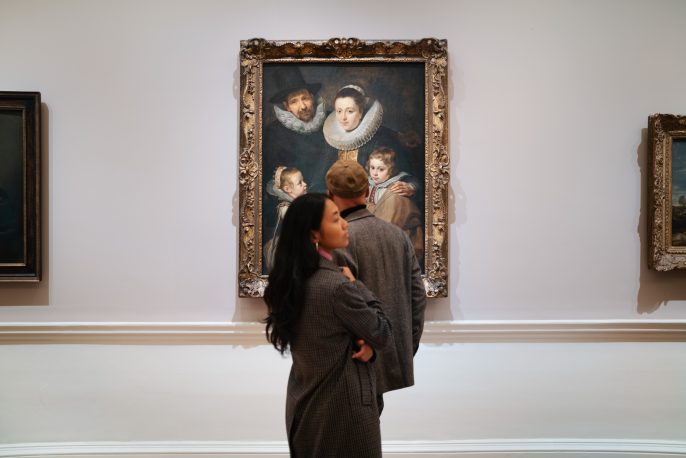Thesis: Richard Demarco networking Scotland to the international avant-garde
From the early 1960s to the late 1980s Richard Demarco made a distinctive contribution to the Scottish art scene and the European avant-garde through the establishment of a network of creative dialogues with and between artists: especially across the Iron Curtain. Since the 1990s his artistic contribution has centred on his archive of artworks, exhibition materials, letters, documents and photographs. Combined, this is a unique legacy that the Scottish/British art world has yet to fully appreciate.
This study explores how Demarco established this network through his travels to Eastern Europe and the presence of international artists as part of the Richard Demarco Gallery Edinburgh Festival exhibition programme and as contributors to Edinburgh Arts, his Black Mountain College style summer school. Through an analysis of Demarco’s most significant exhibitions, the study focuses on the key creative relationships between Demarco and artists from Germany, Poland, Romania and the former Yugoslavia including Tadeusz Kantor, Joseph Beuys and Paul Neagu, as well as his collaborations with galleries across the world.
The research examines Demarco’s dialogue with artists from Eastern Europe within the wider Cold War social/political context and touches on the activities of governments and art institutions East and West that both encouraged and hindered attempts to create truly ‘independent’ creative networks.
Education
2014-2015 The Courtauld Institute of Art, MA History of Art (Distinction)
2010-2013 University College London, BA History of Art (First Class Honours)
1975-1979 University of Glasgow, MA (Hons) History
Research Interests
- East European Art & Politics
- Cold War Politics
- Artists’ Networks
- Performance Art






